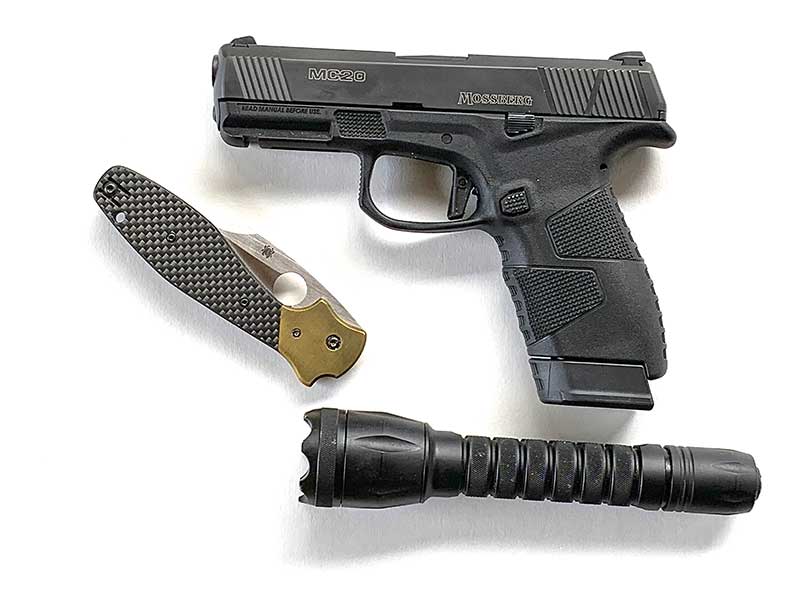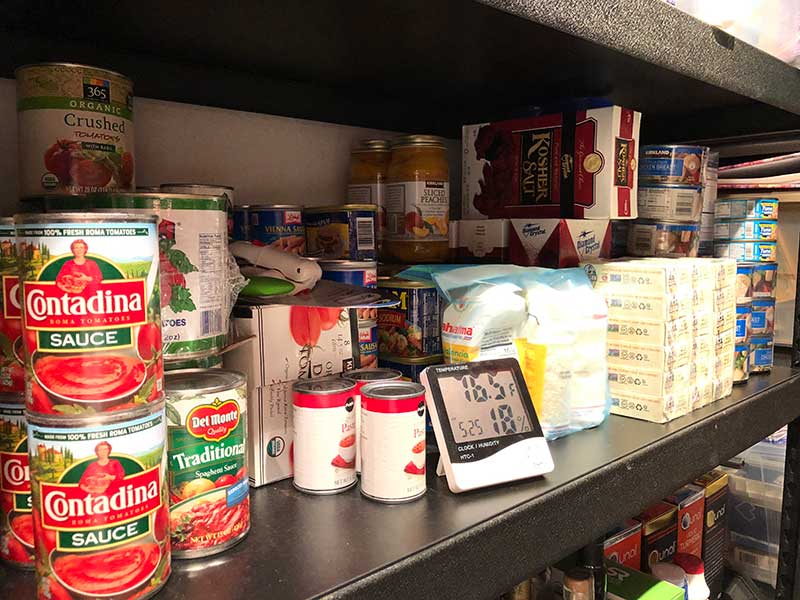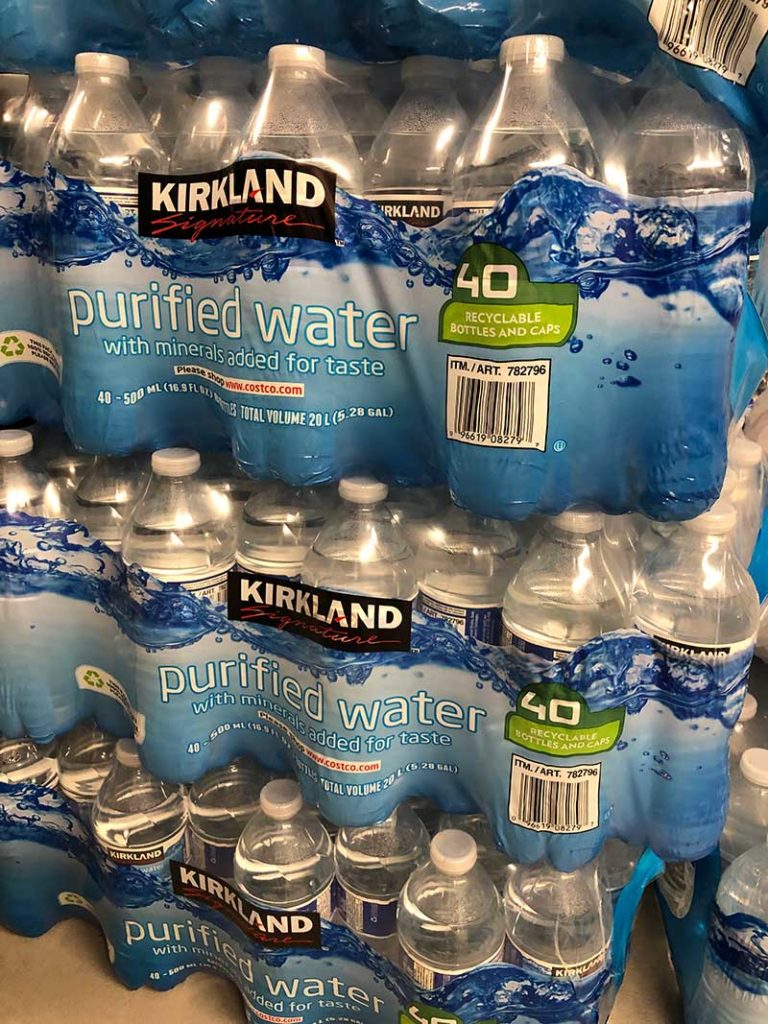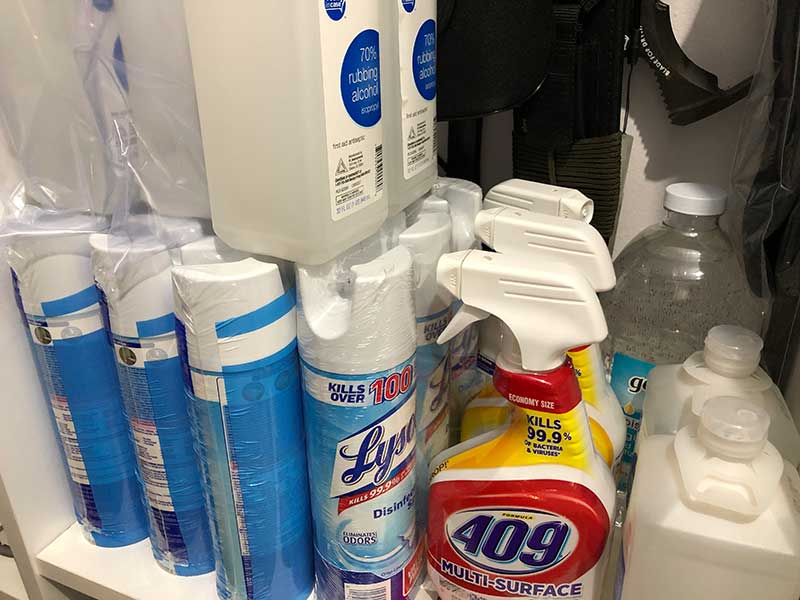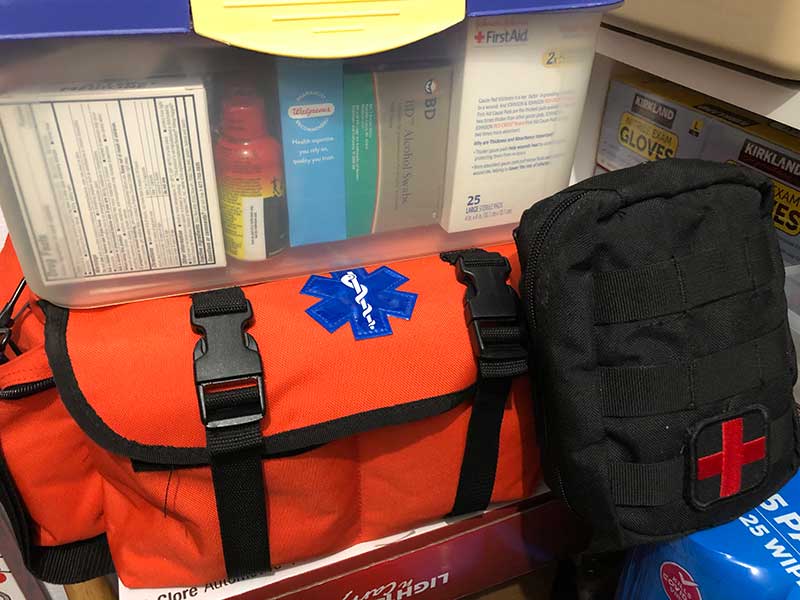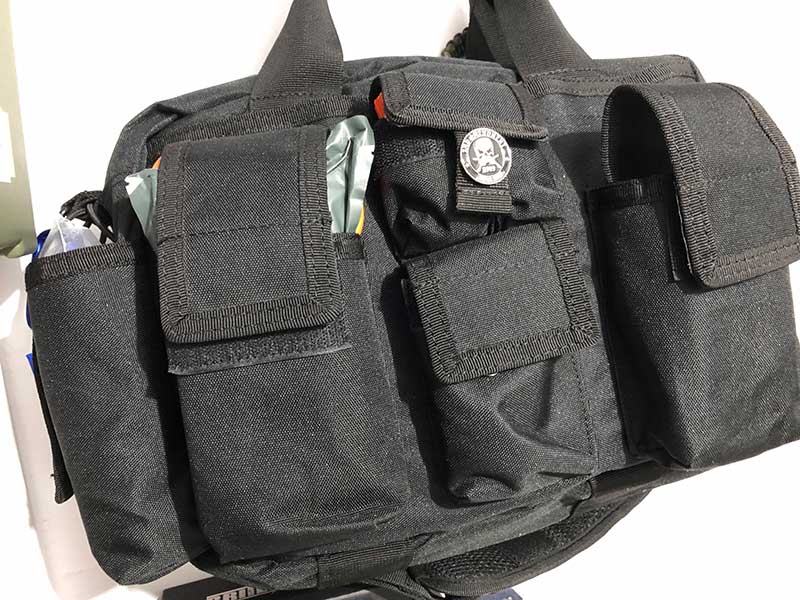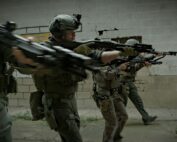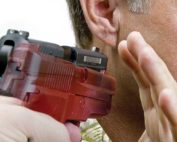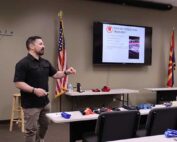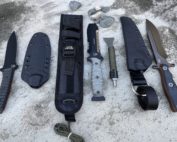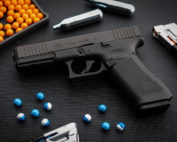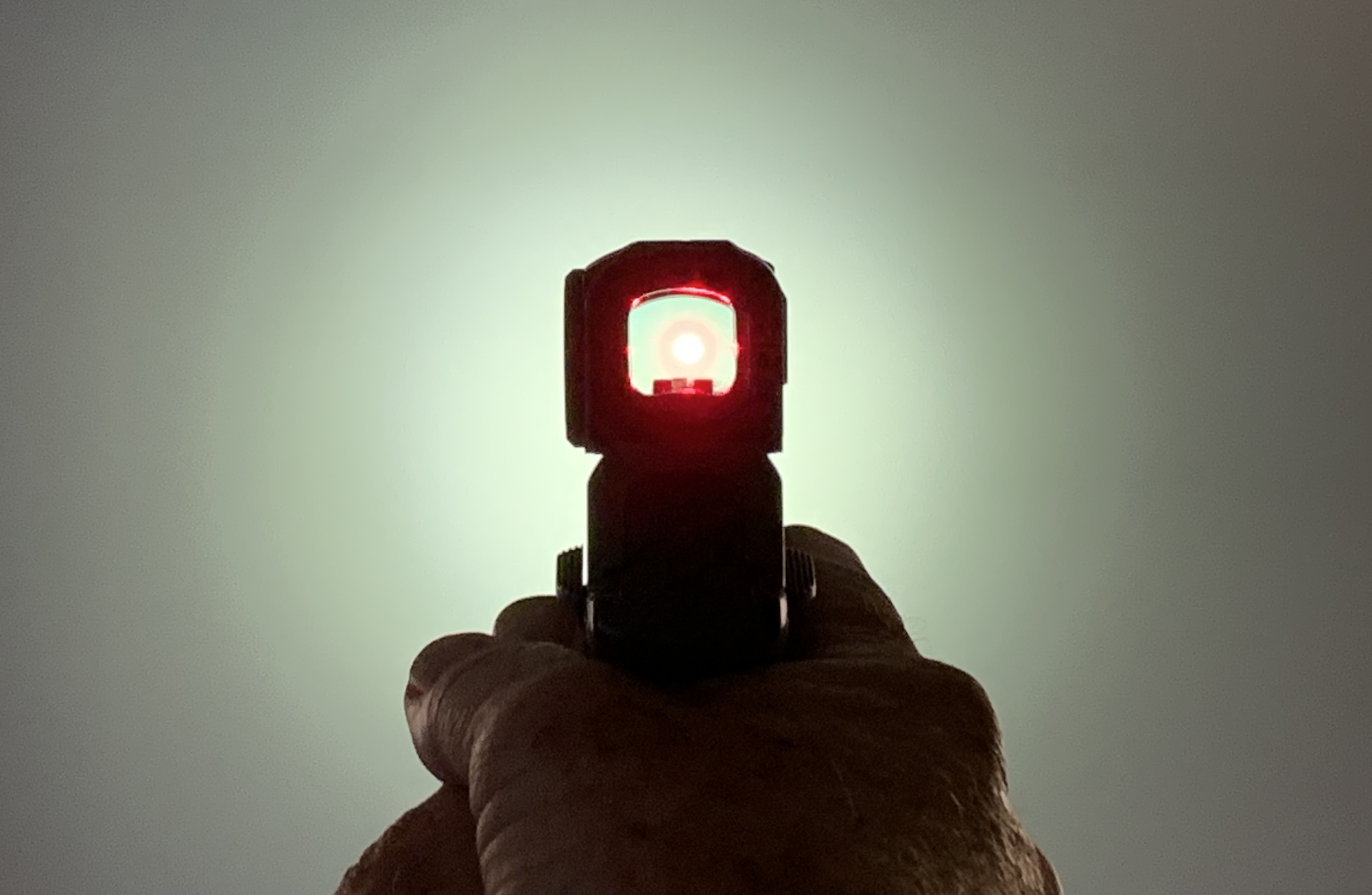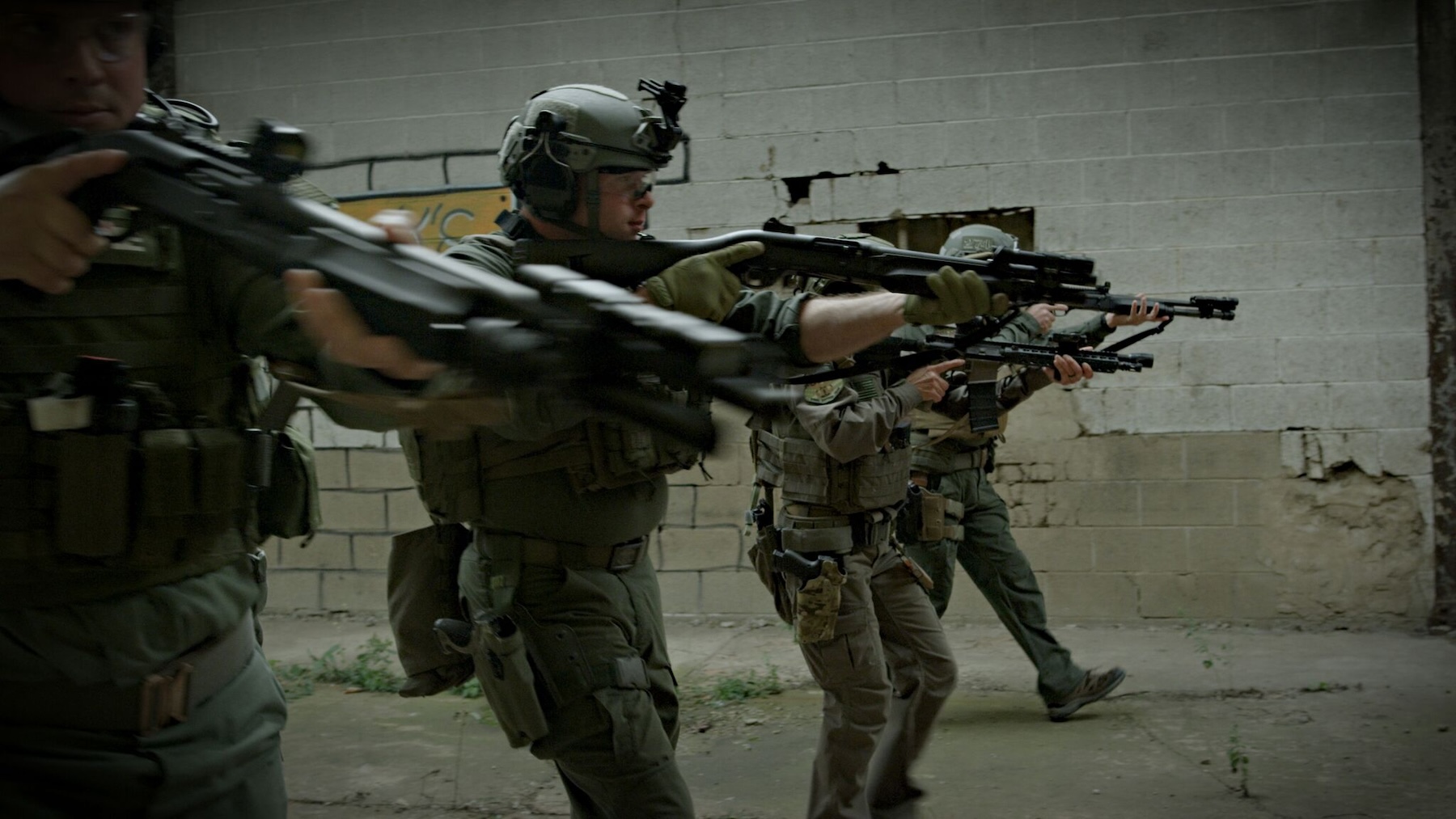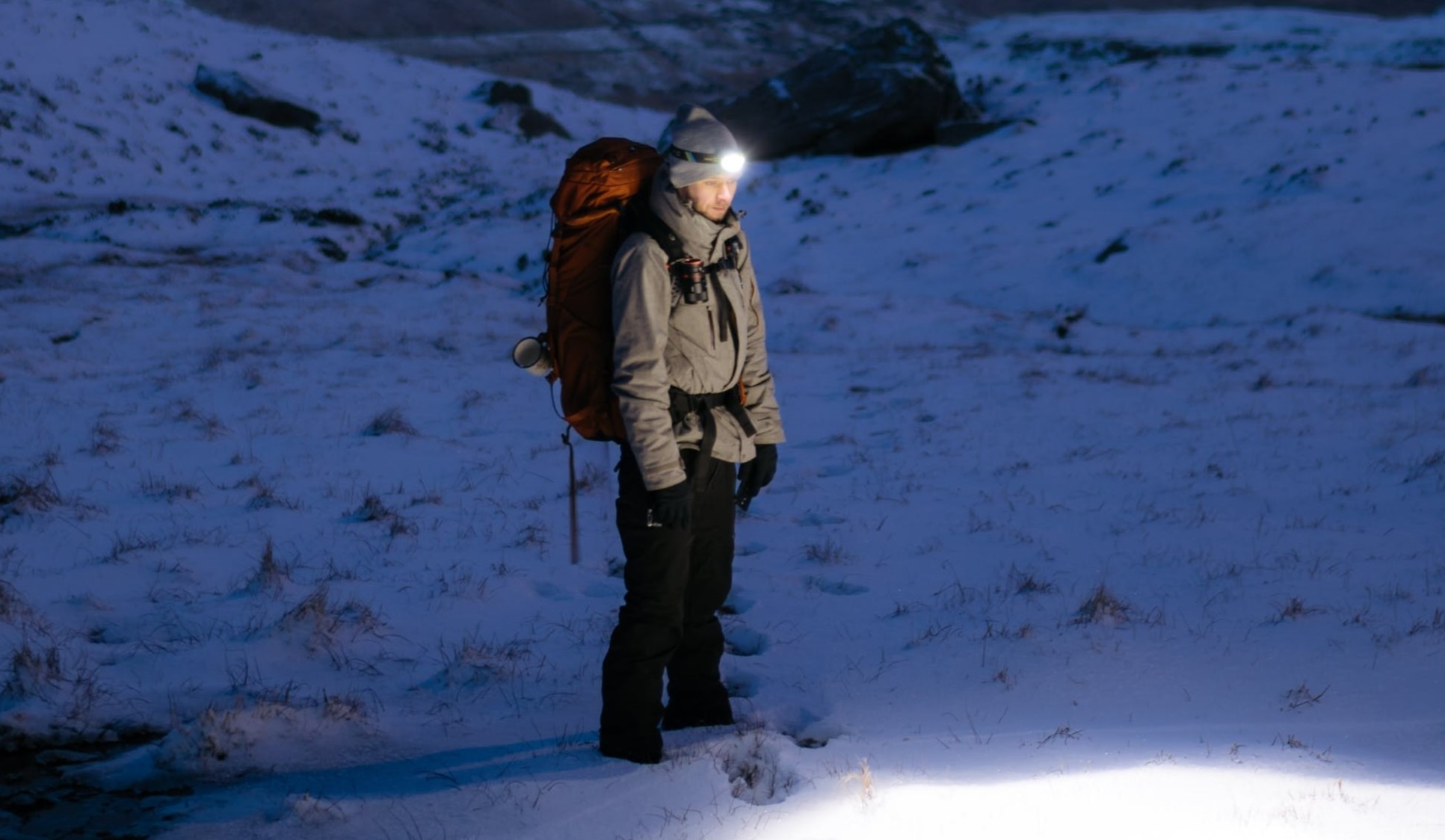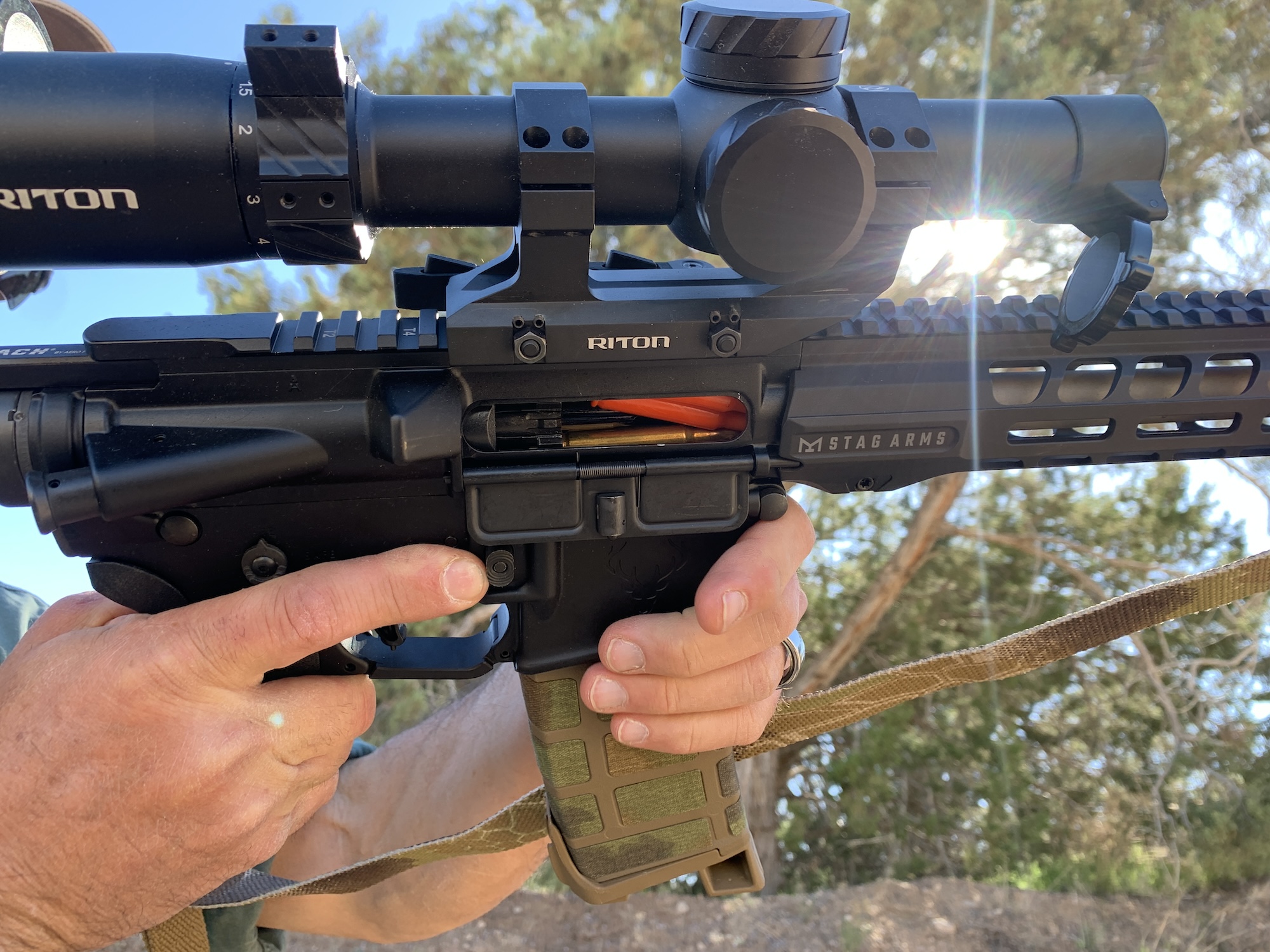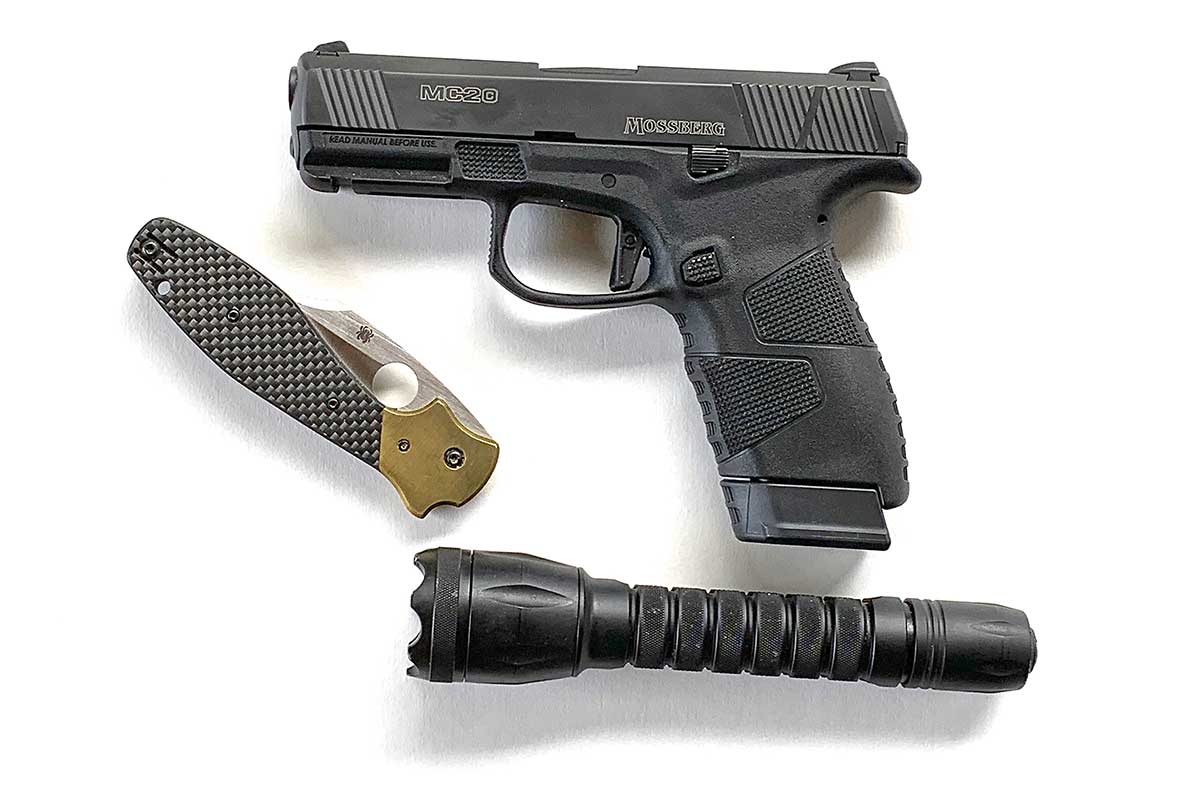
AC-090321-EP-1-800
The job of a police officer has never been easy, and probably never will be. But, for many in the law enforcement community, things only get worse when there’s a natural or man-made disaster.
While most people take refuge at home, and focus on caring for themselves and their families, law enforcement officers are on the job. Often working long, grueling hours, sometimes without being able to go home at all. Being away from family during a crisis, just adds more stress to an already difficult job, and it puts more pressure on the family to be self-sufficient.
With everything that’s currently happening, and with all the growing chaos on the streets of America, prepping for law enforcement officers has never been more important.
In this article we focus on the special challenges officers, and their families face during a disaster, or crisis situation, and we discuss, some basic preparations every officer should make well in advance of any potential crisis.
THE THIN BLUE LINE
When things get bad, officers are the first line of defense. When a natural or manmade crisis occurs, most officers will find themselves on the front lines. This means that they will be away from home for days at a time, and their families will need to fend for themselves.
This is especially difficult, since our first instinct will always be to go home and care for loved ones. Nothing any of us can do will ever make it easy to be away from loved ones, but having a plan, and the survival essentials can provide officers, and their families, with much needed peace of mind.
SURVIVAL ESSENTIALS
These are the most basic preparations, and a good place to get started.
Food: Maintain a three month supply (minimum) of calorie dense foods that store well, and require no refrigeration or cooking. Simple heat and eat options are best. You should store a variety of shelf-stable foods that you can use and rotate on a regular basis. Focus on storing foods that will provide each person in your family with an average of 2,000 calories per day.
Water: Store at least two gallons, per person, per day. Have at least a four week supply of emergency water. Secure additional water for cooking and other necessities. Scout out an alternate supply of water for the longer term, along with supplies to disinfect and filter suspect water.
Security & Self-Defense: Security must always be a top level priority in every household. Have a security plan, and make sure all family members know their roles, and what they must do during an emergency; conduct periodic drills. Secure your home to prevent, or delay, forced entry. Have a safe-space where family members can retreat, hide and call for help. Make sure that your family is well trained, and have the proper skills/tools to defend themselves in a worse-case scenario.
First Aid and Medical: Always maintain first aid gear and supplies to treat injuries, and to help avoid complications. Learn basic first aid skills and know how to assess and stabilize an injury until help arrives. Also store an adequate supply of important medications your family routinely uses. Keep your first aid supplies current, and periodically review your preparations to replace used and expired supplies. Lastly, stay healthy and strong in order to meet the physical challenges of a survival situation.
Know When to Stay Put, When to Get Out: During a survival situation, the family home will usually be the safest place. Leaving your home can be very dangerous, and should only be considered as a last resort, but sometimes, sheltering in place may not an option. Have a plan, supplies and gear for either contingency. Communicate the plan to all family members, and ensure that all members of your household know what to do, and where to go if they are forced to leave the family home, or if family members are separated.
Sanitation and Hygiene: Have a plan, and supplies, for getting rid of human waste, and to maintain a clean and sanitary environment to avoid spread of infection and disease.
THE SURVIVAL PLAN
Having a survival plan is an essential part of your preparations. Drafting a plan forces you to sit down and assess your individual situation, and come up with viable solutions for each of the possible challenges. Be as detailed as possible, but make sure that your plan is easy to read and understand. Include simple, step by step instructions, and summaries.
Make sure that the plan is easily accessible and that everyone in the family has a role. Maintain several physical copies of your plan, and update it as conditions change. Finally, you need to test the plan and all of its components. An untested plan, is almost as good as no plan at all. After you test your plan, get feedback from family members and make adjustments as needed.
CONCLUSION
While it’s extremely difficult to be away from your family during a crisis situation, preparations and planning can provide some significant advantages. Having a survival plan, developing skills, and stocking up on supplies, gear and equipment, will ensure the best possible chance of staying safe, during a crisis.
Finally, being prepared will bring you, and your family, a higher level of confidence, and peace of mind. Stay safe, and be prepared.

